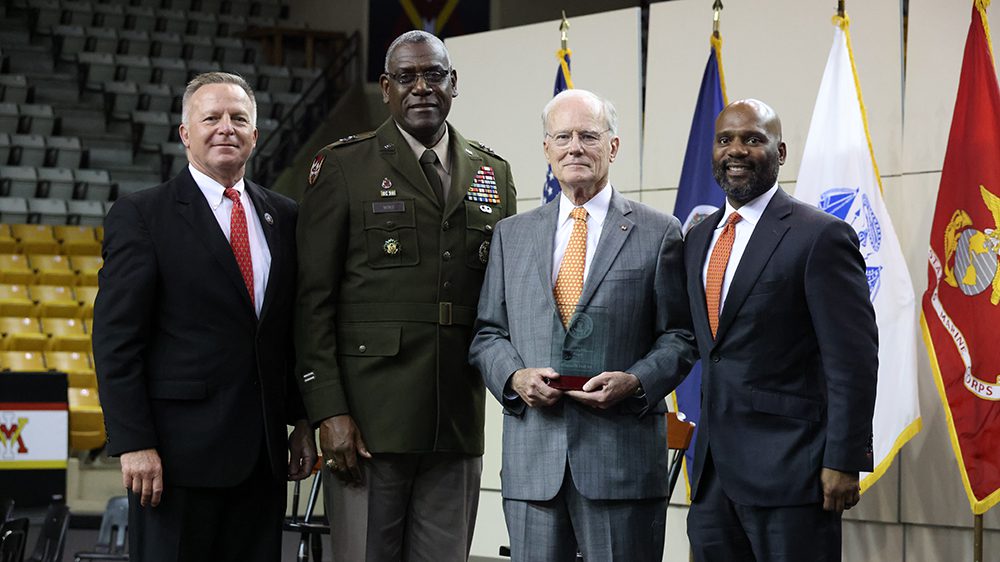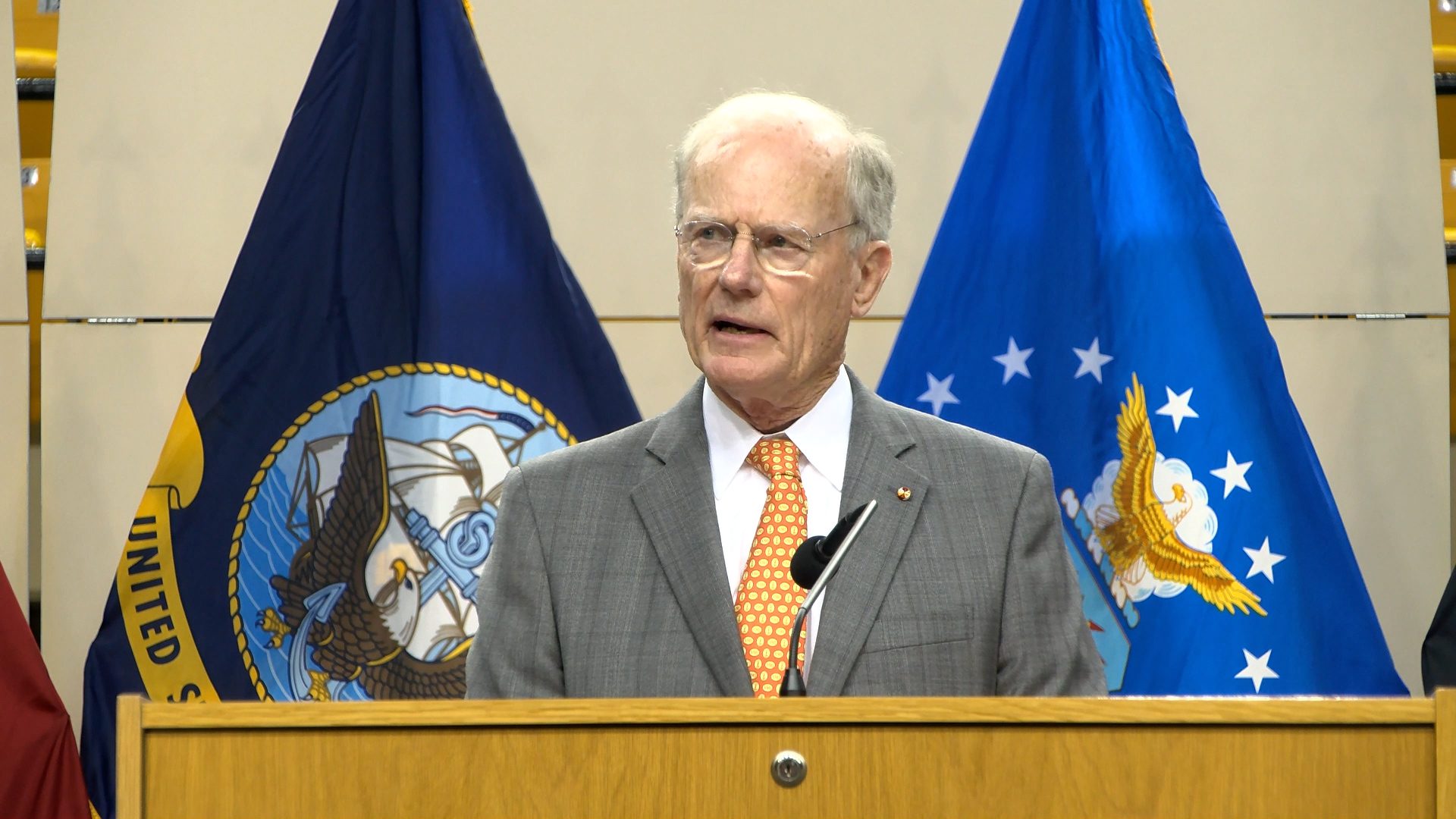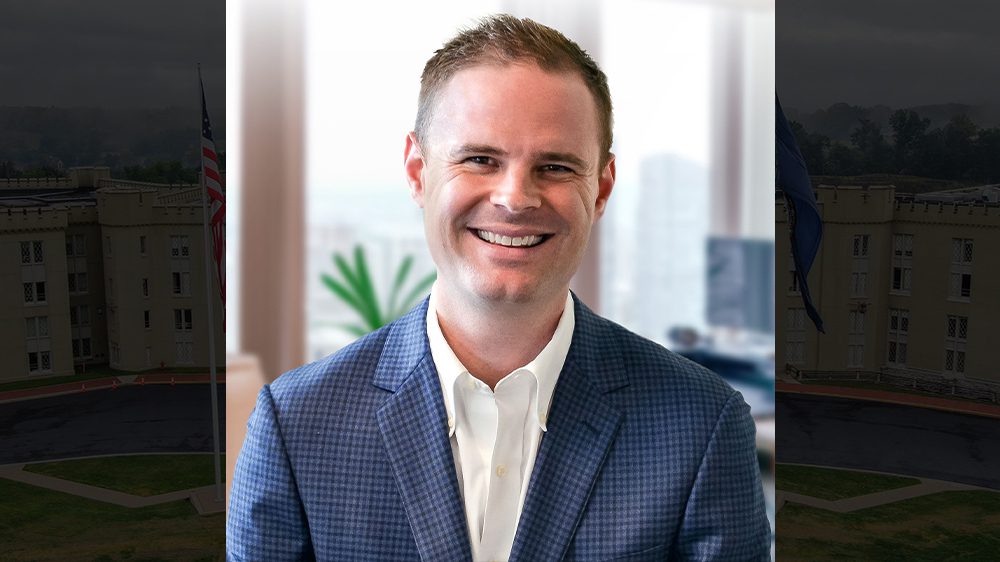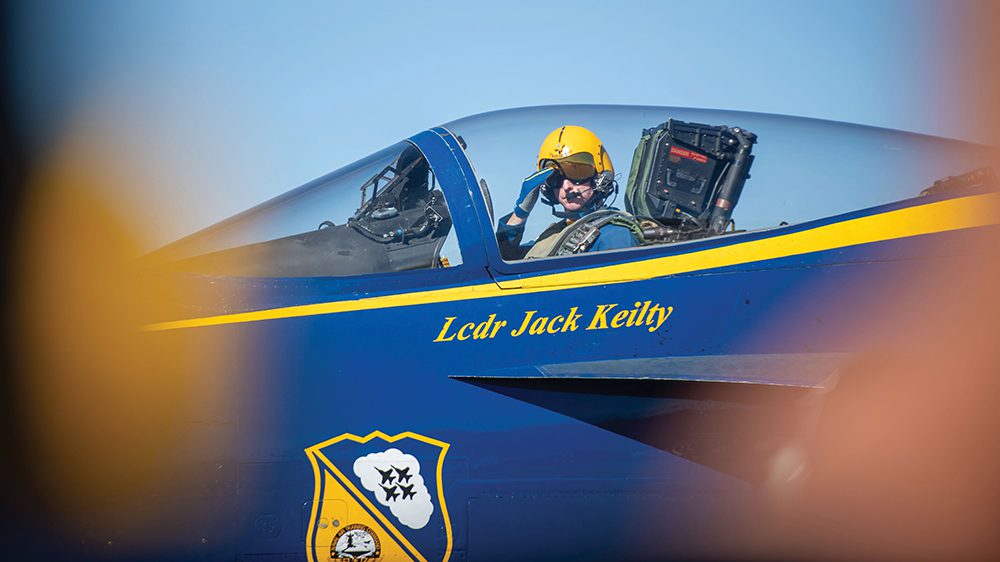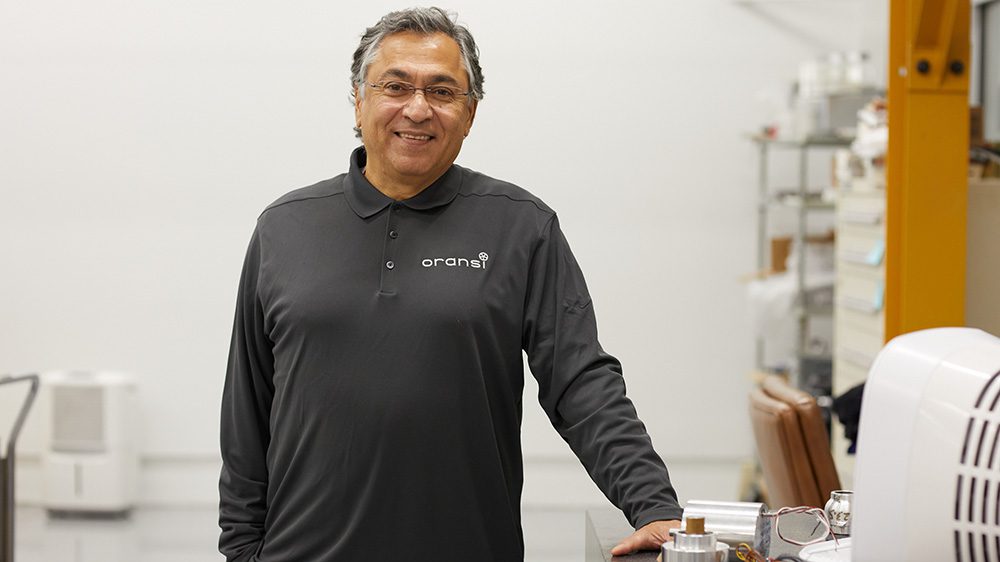Mr. Sampson, thank you for that most generous introduction. Needless to say, this is the honor of a lifetime, one that I never imagined ever receiving, one I now most humbly accept. Please think of me as merely a representative of the countless numbers of VMI alumni who have served the Institute from its very beginning. They have done it out of a desire to help make it possible for cadets to experience what they experienced, and to have the benefits that followed through their entire lives.
I am especially pleased that my roommate, Irwin McCumber, and his wife, Linda, are here. Irwin and I have been together for many years, both professionally and as dear friends. Sadly … our roommate, Clifford Bridges Fleet Jr., died just eight weeks ago. Fleet, as I called him, was one who always had a smile, one who never met a stranger, and one who will be greatly missed. I am honored that his son, Cliff, who is my godson, is here. And Cliff, your father’s brother rats, and I are most appreciative of your coming to VMI, standing in, as it were, for your father.
Standing before you is obviously a member of the very Old Corps, a member of the outstanding class, the Great Class of 1965. And yes, there is such a thing as the Old Corps, and one day you, too, will become a member. However, the Old Corps is not and never has been some mythical VMI utopia from years gone by because change is a constant, and VMI and the Corps have evolved over its 184 years—adjusting to all the forces driving the evolution of the United States—and it will continue to do so. However, what amazes observers is the retention of its core values that everyone here knows so well. This was eloquently presented to me and to many of you by the graduation exercises this past May. The valedictorian, Samuel H. Wolfe [’23], and the class president, Cameron M. Cavanaugh [’23], gave excellent graduation speeches. Their remarks captured the essence of VMI’s values and standards, VMI’s unique method of education, its sacred honor system, the very special bond within each class, and especially their stressing the responsibilities upon each graduate to serve in the very best traditions of a citizen-soldier.
On a personal note, Nov. 11 happens to be the date my wife, Peggy, died four years ago after a torturous battle with cancer. Over the almost 50 years we were together, she cheerfully supported my involvement with VMI, but early on, she decided to reduce her frequency of trips to Lexington. She observed, correctly, that when VMI people are together, all they talk about is VMI. Further, she could repeat verbatim stories she had heard more than once. She is smiling on us this afternoon as we again share VMI stories, and she is especially sympathetic to you, the Corps of Cadets, for having to listen to me.
However, she would be the first to acknowledge that the story of VMI is a great and proud one, one that deserves to be told. And with that in mind, I would like to share some of the early history of the Institute with you. We begin with a brief revisit of our founding day.
On Monday morning, Nov. 11, 184 years ago tomorrow, Francis Henney Smith, born in Norfolk, Virginia, and a graduate of the United States Military Academy, Class of 1833, became the first professor of the Virginia Military Institute with the rank of major. The title of superintendent came at a later date. In 1835, at the age of 23, Smith married Sarah Henderson, and together, they had seven children. After graduating from West Point, he served as a second lieutenant in the United States Army as an artillery officer until May 1836, at which time he joined the faculty of Hampden-Sydney College as a professor of mathematics. He remained there until coming to VMI.
In 1839, VMI was a first—Virginia being the very first state to sponsor a military college. On that Nov. 11 morning, Major Smith reported to the 10-member Board of Visitors for the very first time; he had previously never met any of them. He had been hired, imagine, hired based solely on his reputation, a reputation established over a very short time. He had just celebrated his 27th birthday in October. Think of the responsibility at age 27, creating a new school, not an ordinary college, but a unique school—one of a kind, literally—with meager resources and scarce support. His responsibilities, in addition to being the equivalent of president, included being the commandant; he was in charge of administration, finance, the curriculum, teaching, and various construction projects; and maintaining correspondence with parents, the BOV, the Lexington community, and the Virginia state legislature.
In the afternoon of the 11th, snow was falling, and it was to be a very cold winter. In that setting, Major Smith issued Order No. 1, which made leadership assignments among the 28 cadets present. It ordered each cadet to collect their first two textbooks, one on algebra and the other on French, and he ordered: “One sentinel will be habitually posted at the main gate.” His order for a sentinel has endured for 184 years, as have many of his policies and methods of education—in particular, small classes and frequent recitation. The faculty that fall numbered just two, Smith and J.T.L. Preston. Those first cadets lived in spartan conditions: No running water and heat from fireplaces. Classes met primarily in several log cabins, and the Parade Ground of today was mostly a corn field. It was not until 1915 that running water was piped into each room—that is to say, cold water. Hot water came in 1936.
Our founders had a very clear set of objectives in creating Virginia Military Institute. It was to be much, much more than a college, rather a college with military training, shall we say, continuous military training, as we know so well. And thus, the word “Institute,” defined as “an organization having a particular factor, especially a scientific, educational or social one.” The curriculum consisted of required courses for all cadets; there were no electives, required courses in mathematics, physics, chemistry, engineering, tactics, French, German, and English languages, and, interestingly, German literature.
Our founders had a fundamental strategy to produce “citizen-soldiers.” A large standing army at the time was not thought feasible; however, the War of 1812 was a reminder of the potential need for homeland defense capabilities, made up primarily of volunteers who could be mobilized with short notice.
The word “citizen” had a stronger meaning in the 19th century than today. It embraced the notion of service and responsibility to one’s fellow man, community, and nation and not merely what is stamped on a passport. Interestingly, the etymology of the word “citizen” comes from the Latin words “corona civica” or civic crown. Civic crown was the highest honor given to a Roman soldier; it was to honor one who had saved the life of a fellow soldier in battle. The important words, civil, civility, citizen, city, civilization flow from it. To be an effective citizen required one to be engaged for the common good. Civic engagement went hand in hand with responsibility, duty, and sacrifice. VMI’s founders had that understanding of the word and placed it equal to soldier. And in that regard, I would ask that you please keep in mind that citizenship is a practice, a practice for each of us, and not merely a status.
Three years after that 11th day in November 1839, July 4, 1842, 16 cadets graduated from the Virginia Military Institute, and the next day, July 5, they created what is now known as the VMI Alumni Agencies. It has made it possible, literally, with its financial support, for VMI to continue in existence as we know it. The diploma you will receive upon graduation is essentially identical to those awarded in 1842, and it is thought to be the only diploma of any school in the United States to be signed by a state governor. The diploma you will receive contains an image of George Washington, whom Smith considered to be the embodiment of a citizen-soldier. VMI produced its own embodiment of a citizen-soldier, George C. Marshall, VMI Class of 1901. He served as chief of staff of the Army, secretary of state, and secretary of defense. He created the European Recovery Program, known as the Marshall Plan, and was awarded the Nobel Peace Prize in 1953.
